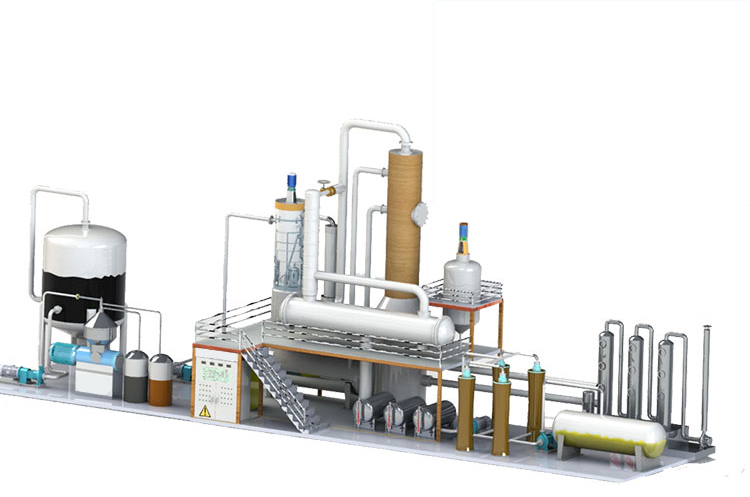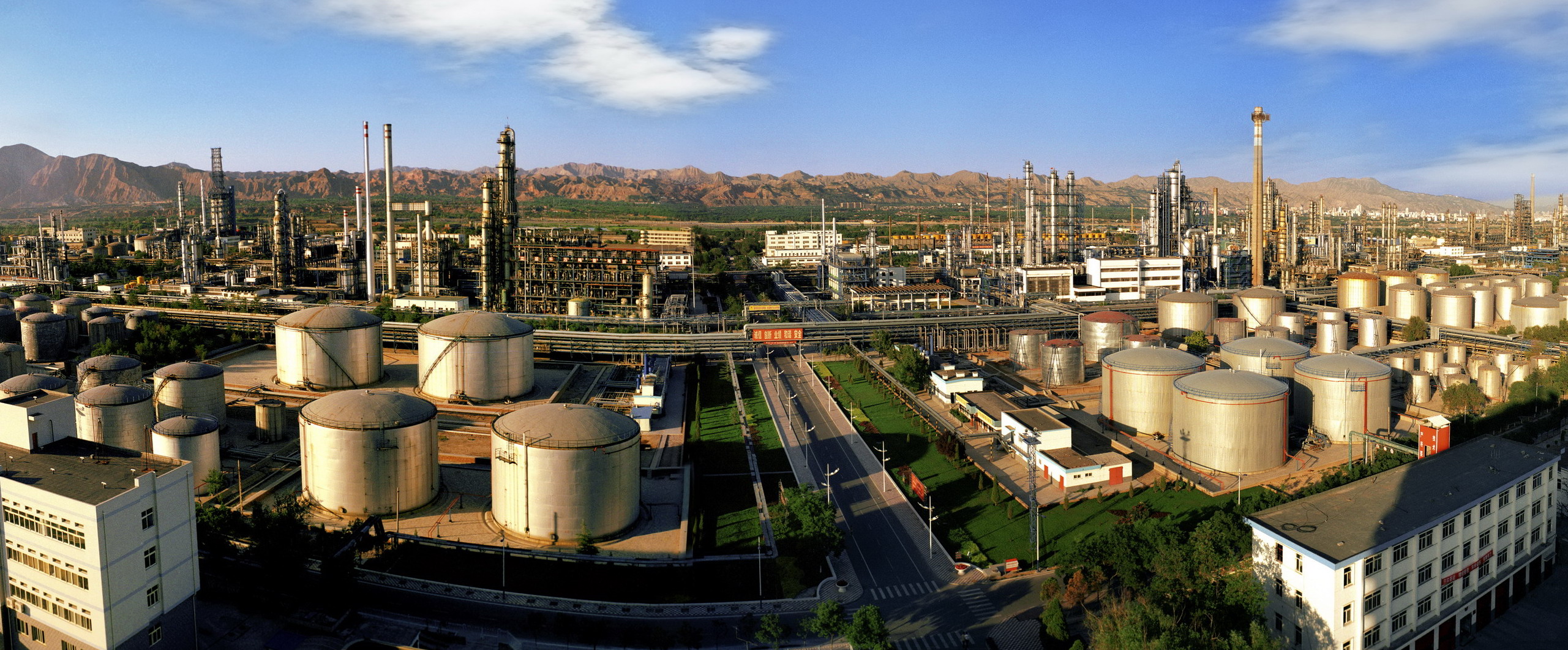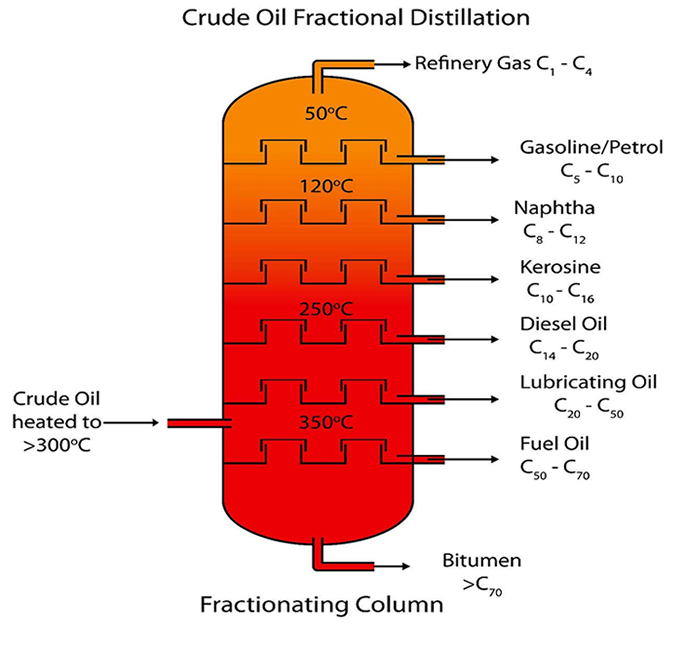
Lubricating oil is generally composed of two parts, a base oil and an additive, which can lubricate, clean, cool, seal, reduce, rust and prevent the engine. Base oil is the main component of lubricating oil, which determines the basic properties of lubricating oil. Additives can make up for and improve the performance of base oil, and give some new properties. It is an important part of lubricating oil.
1. Lubricating base oil
Mineral oil base oil is refined from crude oil. The main production processes of lubricating base oils include: atmospheric and vacuum distillation, solvent deasphalting, solvent refining, solvent dewaxing, white clay or hydrogenation supplementation. In 1995, China revised the current lubricant base oil standard, mainly revised the classification method, and added two types of special base oil standards for low-condensation and deep refining. For the production of mineral-based lubricants, the most important thing is to choose the best crude oil.
The chemical composition of mineral base oils includes high boiling, high molecular weight hydrocarbons and non-hydrocarbon mixtures. Its composition is generally alkanes (straight chain, branched chain, multi-branched chain), cycloalkanes (monocyclic, bicyclic, polycyclic), aromatic hydrocarbons (monocyclic aromatic hydrocarbons, polycyclic aromatic hydrocarbons), cycloalkyl aromatic hydrocarbons, and oxygen and nitrogen , sulfur-containing organic compounds and non-hydrocarbon compounds such as gums and asphaltenes.
2, Additives
Additives are the essence of modern high-grade lubricants. Proper selection of reasonable additions can improve their physical and chemical properties, impart new special properties to lubricants, or enhance their original properties to meet higher requirements. According to the quality and performance of the lubricant requirements, careful selection of additives, careful balance, and reasonable deployment are the key to ensuring the quality of the lubricant. Commonly used additives are: viscosity index improver, pour point depressant, antioxidant, detergent dispersant, friction moderator, oil agent, extreme pressure agent, anti-foaming agent, metal passivator, Emulsifier, anticorrosive agent, rust inhibitor, demulsifier.
The so-called waste engine oil, one refers to the oil mixed with water, dust, other miscellaneous oil and metal powder and other impurities caused by the wear of the machine parts; Second, the oil gradually deteriorates, producing organic acids, colloids and bituminous substances. The regeneration of waste engine oil is the removal of impurities in the oil by sedimentation, distillation, pickling, caustic washing, filtration, etc.


